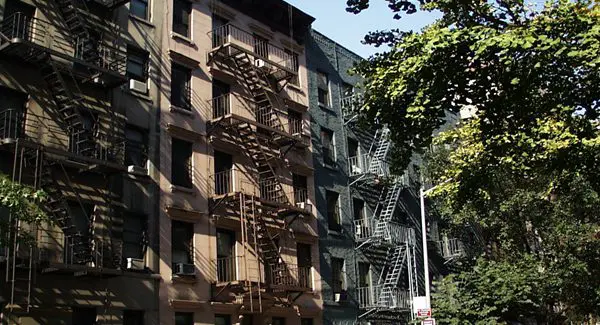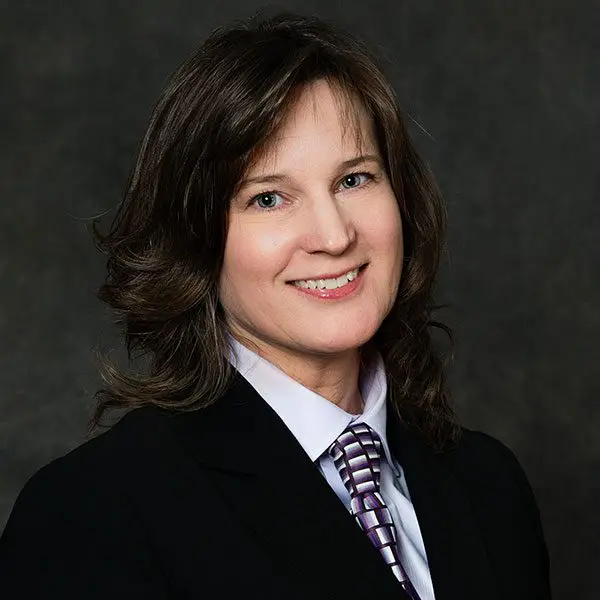- Landlord & Tenant Law
- Illinois
Chicago Heat Ordinance
The Department of buildings enforces the Chicago Building Code, which includes the Chicago Heat Ordinance. The Heat Ordinance mandates that during cold weather months landlords supply heat to rental units or to any unit where owners do not have individual control of the heat.
From September 15th through June 1st, the temperature inside a rental residence is required to be at least 68 degrees from 8:30 a.m. to 10:30 p.m., and at least 66 degrees from 10:30 p.m. to 8:30 a.m.
Landlords face fines of up to $500 per day, per violation, for each day they do not supply adequate heat. The reason for lack of heat does not matter. Landlords must follow the law and apartments must be heated.
Multiple Dwelling Registration No Longer Required
As part of a larger effort to streamline processes at the Chicago Department of Buildings, building owners and property managers are no longer required to submit building registrations for multiple dwellings as of September 6, 2017. With new technologies available, the forms are not necessary to collect ownership information.
Take the time to make sure your building is ready for these two changes. If you are a landlord or property manager in Chicago or the surrounding Illinois suburbs need legal assistance, please do not hesitate to contact our office by calling 855-537-0500 or visiting Kovitz Shifrin Nesbit online at www.ksnlaw.com.
Since 1983, KSN has been a legal resource for condominium, homeowner, and townhome associations. Additionally, we represent clients in real estate transactions, collections, landlord/tenant issues, and property tax appeals. We represent thousands of clients and community associations throughout the US with offices in several states including Florida, Illinois, Indiana, and Wisconsin.
This article is made available by the lawyer or law firm publisher for educational purposes only as well as to give you general information and a general understanding of the law, not to provide specific legal advice. By reading this article you understand that there is no attorney client relationship between you and the article author. This article should not be used as a substitute for competent legal advice from a licensed professional attorney in your state. © 2017 Kovitz Shifrin Nesbit, A Professional Corporation.



